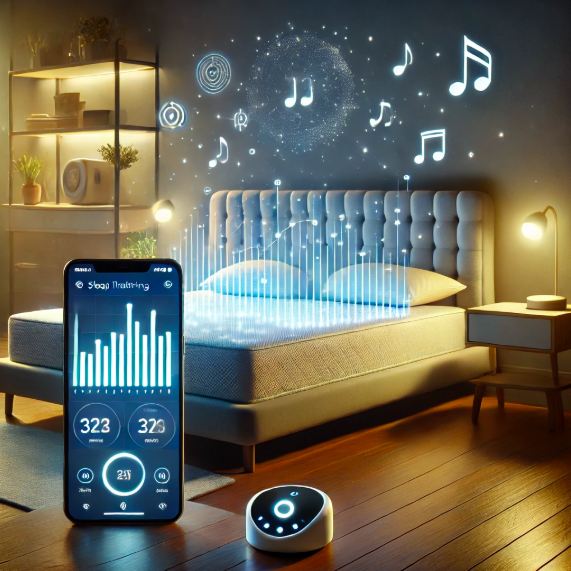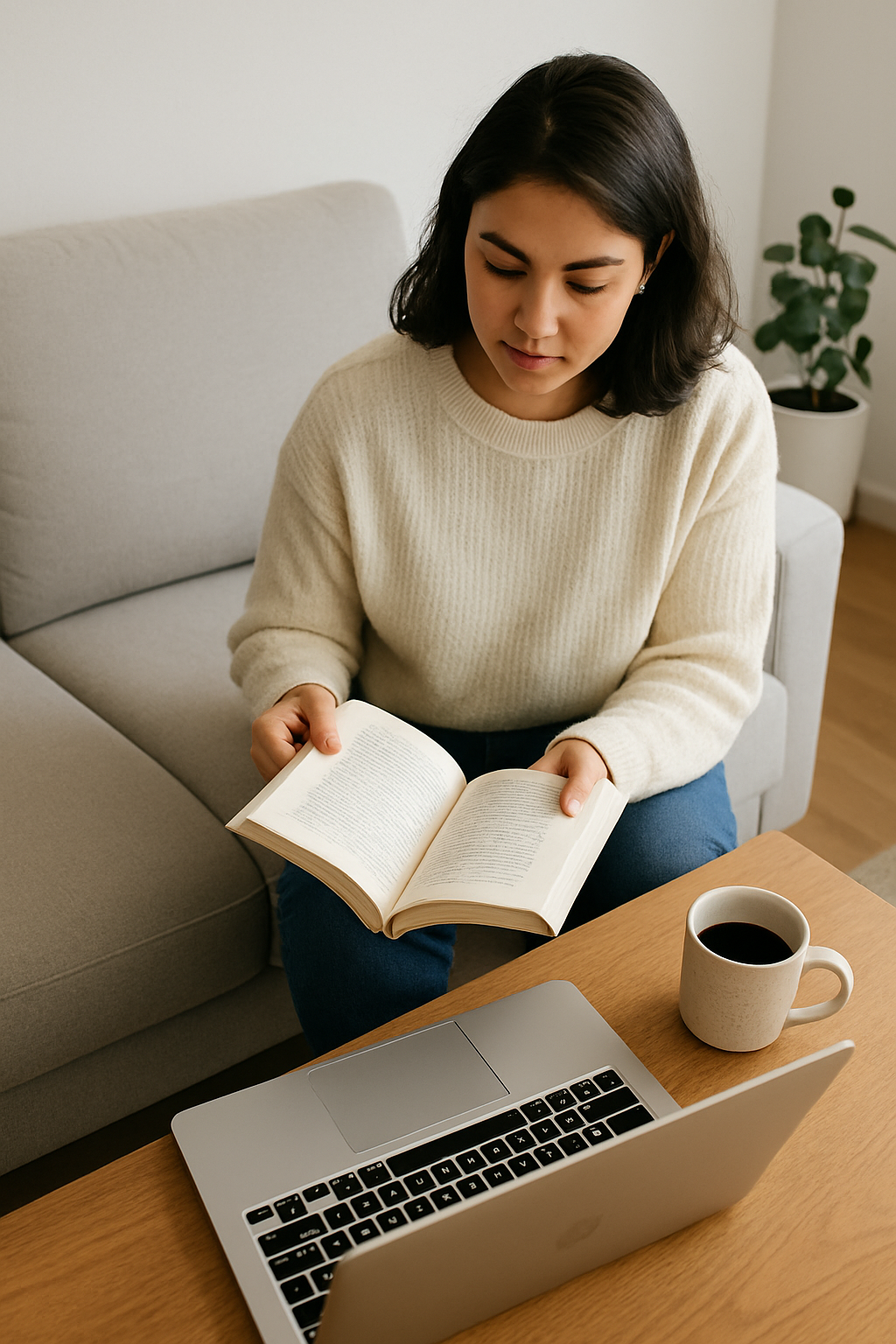Let’s face it—sleep is everyone’s favorite hobby. Whether it’s a refreshing power nap or a full night’s rest, sleep plays a critical role in our overall health and well-being. In recent years, technology has stepped in to enhance how we rest, and one of the most exciting advancements comes from artificial intelligence (AI). AI is changing the way we understand, manage, and improve our sleep—making quality rest more accessible than ever.
What Is AI and Why Does It Matter for Sleep?
At its core, artificial intelligence refers to tasks performed by machines that typically require human intelligence. These systems are now embedded in everyday technology—think of voice assistants, automatic photo tagging on social media, or even self-driving cars and cancer-detecting systems.
Thanks to big data and machine learning, AI can analyze massive sets of information to uncover patterns and predict behaviors. When applied to sleep technology, these insights help us understand how we sleep and how to improve it. Sensors in apps, smart mattresses, and wearable gadgets track body movement, breathing patterns, heart rate, and brain activity—feeding this data into AI-driven platforms that offer personalized recommendations for better rest.
Here are four powerful ways AI is helping people overcome sleep disorders and improve their nightly routines:
1. AI-Powered Baby Monitors: Creating Healthier Sleep Habits for Infants
Believe it or not, AI is helping parents establish healthier sleep patterns for their babies. Smart baby monitors now go beyond sound detection—they learn from a child’s movement, crying patterns, and environmental conditions like room temperature and humidity.
For example, some systems use computer vision to analyze video footage of a baby’s sleep. This data allows the system to notify parents of disruptions, predict sleep cycles, and offer recommendations tailored to their child’s behavior. These monitors help parents create more effective sleep routines while ensuring their baby’s environment supports restful sleep.
2. Smart Sleep Apps: Personalized Solutions Through AI
Mobile sleep apps have exploded in popularity, with many leveraging AI and machine learning to improve user sleep quality. These apps track breathing, movement, and sleep cycles—including light, deep, and REM stages—using your smartphone’s sensors.
One such app listens through your phone’s microphone to monitor sleep patterns, then generates a personalized sleep score. It compares your data with others in your demographic and provides practical insights to help you fall asleep faster, stay asleep longer, and wake up feeling refreshed.
Over time, these apps offer tailored tips, track progress, and even generate reports you can share with your doctor—all driven by AI.
3. AI-Enhanced Smart Mattresses: Adapting to Your Body for Better Rest
Smart mattresses are taking comfort to the next level. Some models now incorporate AI to analyze pressure distribution, body shape, and sleep positions in real-time. One innovative product in development adjusts its support and firmness based on how you move during the night.
As you shift, the AI recalibrates the mattress to maintain optimal support and alignment. This not only reduces pressure points but also promotes deeper, more restorative sleep. It’s a smart, responsive approach to comfort that adapts to your unique sleep habits.
4. AI-Generated Music: Custom Sleep Soundtracks
Music has long helped people drift off to sleep, and AI is adding a new twist to this timeless tradition. Some companies have developed algorithms that learn the characteristics of effective lullabies—such as harmony and rhythm—through deep learning.
By analyzing thousands of pieces of music, these systems create unique, AI-generated lullabies tailored to soothe the mind. While humans help translate the AI’s output into full compositions, the result is a personalized sleep soundtrack backed by science.
The Future of AI and Sleep Health
As AI technology continues to evolve, its role in sleep improvement will only grow. For people struggling with sleep issues, AI offers hope—from tracking and diagnostics to personalized treatment and ongoing therapy.
While nothing replaces professional medical advice, the integration of machine learning, big data, and smart devices is bridging gaps in sleep care. Whether it’s through an app, a monitor, or a smart bed, AI gives everyone the tools to improve their sleep quality and overall health.





